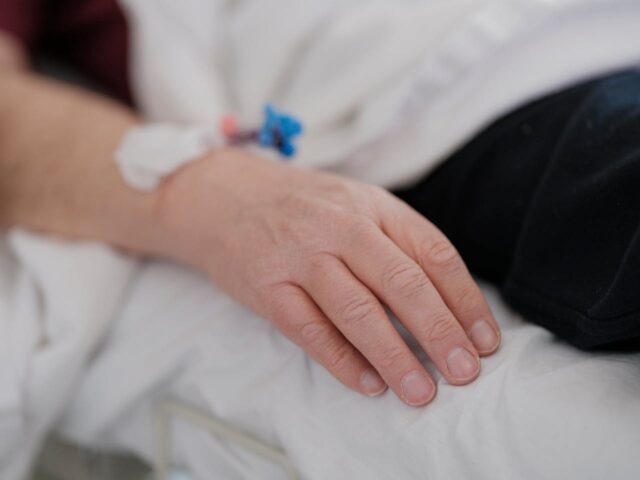 As if suing for medical malpractice wasn’t hard enough in Texas, a Texas Supreme Court ruling last month just made it even more difficult. The ruling increased state limitations on medical malpractice lawsuits by declaring that though a corpse is not technically a patient, the examinations of a deceased body can still be subject to Texas medical malpractice rules and regulations. This includes a cap on damages as well as a two-year statute of limitations.
As if suing for medical malpractice wasn’t hard enough in Texas, a Texas Supreme Court ruling last month just made it even more difficult. The ruling increased state limitations on medical malpractice lawsuits by declaring that though a corpse is not technically a patient, the examinations of a deceased body can still be subject to Texas medical malpractice rules and regulations. This includes a cap on damages as well as a two-year statute of limitations.
This ruling resulted from an 11-year-old case, when a patient died under strange circumstances in Katy, Texas. The private autopsy was done by a pathologist at a separate hospital. However, it was later discovered both the hospital the patient died in as well as the hospital in which the autopsy was taking place were owned by the same company. Anticipating the lawsuit, the hospital misled the widow and the medical examiner removed the dead patient’s heart and kept it as evidence the man died of a “heart attack.” The widow filed a lawsuit and after years of court proceedings, the hospital was ordered to return the patient’s heart to the widow.
As it turned out, the heart contained no human DNA and, according to the forensic biologist that examined the heart, there was a “real possibility that the heart submitted was not human.”
Does an Autopsy Count as Health Care?
The strange case made its way to the Texas Supreme Court in order to answer the questions: Should an autopsy fall under the definition of health care, even though the patient is clearly not alive? Does this mean there is a cap on damages if an autopsy goes wrong, as it did in this case where the heart was removed without consent and possibly switched out with an animal heart?
Unfortunately in this case, the widow did not meet the statute of limitations for Texas medical malpractice lawsuits. She did not file the lawsuit within the strict, two-year statute of limitations and she did not hire a medical expert when she filed the lawsuit, which means she cannot pursue a medical malpractice claim.
It seems the hospital in Katy succeeded in broadening the Texas Medical Liability Act (TMLA) and has made it more difficult for families of medical malpractice victims to recover damages.
Aaron Allison is a personal injury attorney that fights for families of medical malpractice victims in Austin, Texas.






